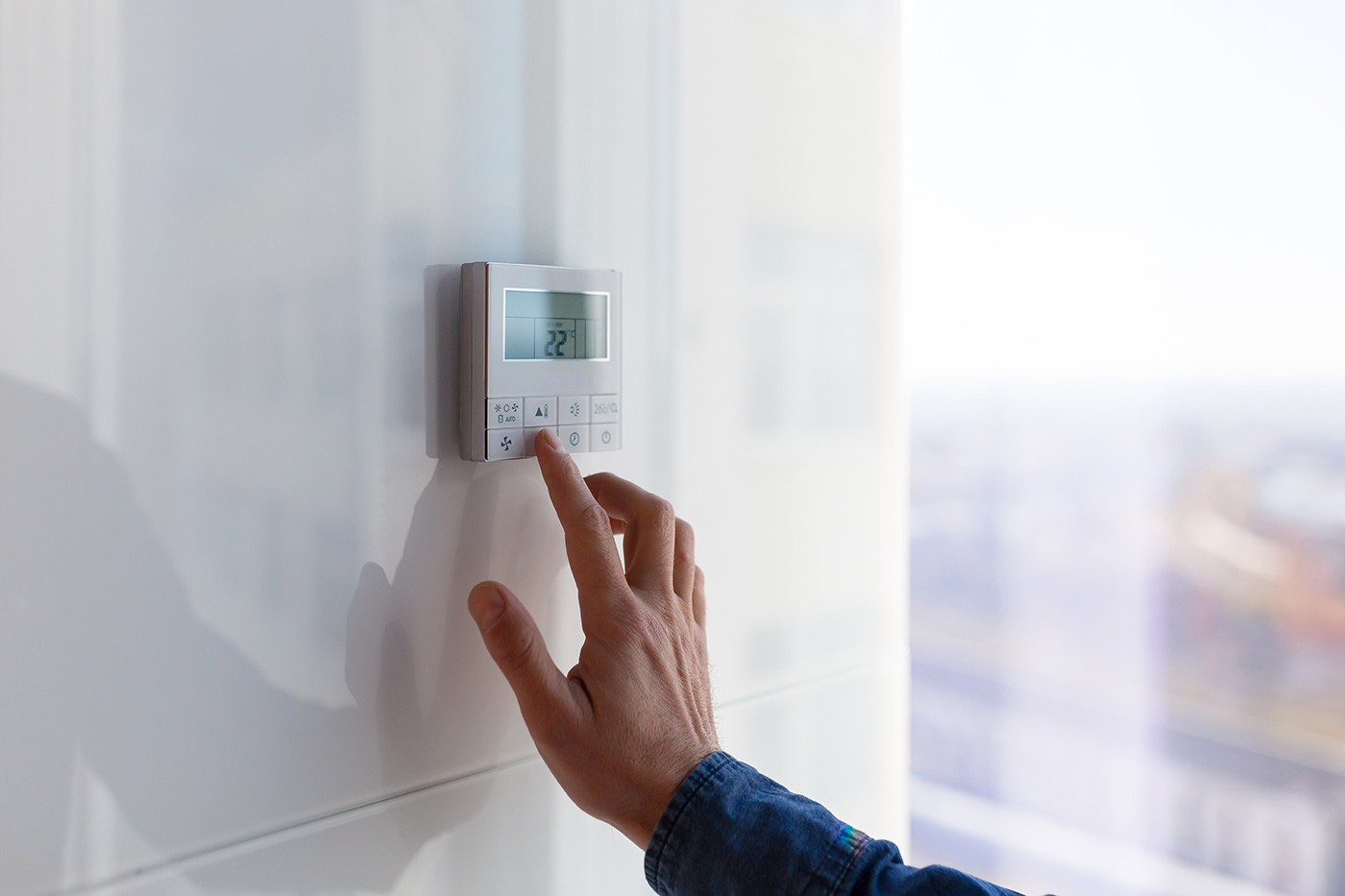Your boiler settings should dictate the time your heating is switched on for, and the temperature settings for your radiators and hot water. During the summer months your regular schedule may be slightly different due to holidays, the kids being off school, or even a heatwave like the one we’ve just experienced.
For this reason, you need to adjust the timings and temperature each week to ensure your house remains at a comfortable level and so that the heating (should you need it) is only on when you want it to be. This check should only take a few minutes to complete and yet the savings could be huge – small thermostat decreases will allow you to save big on your bills over the course of a year.





